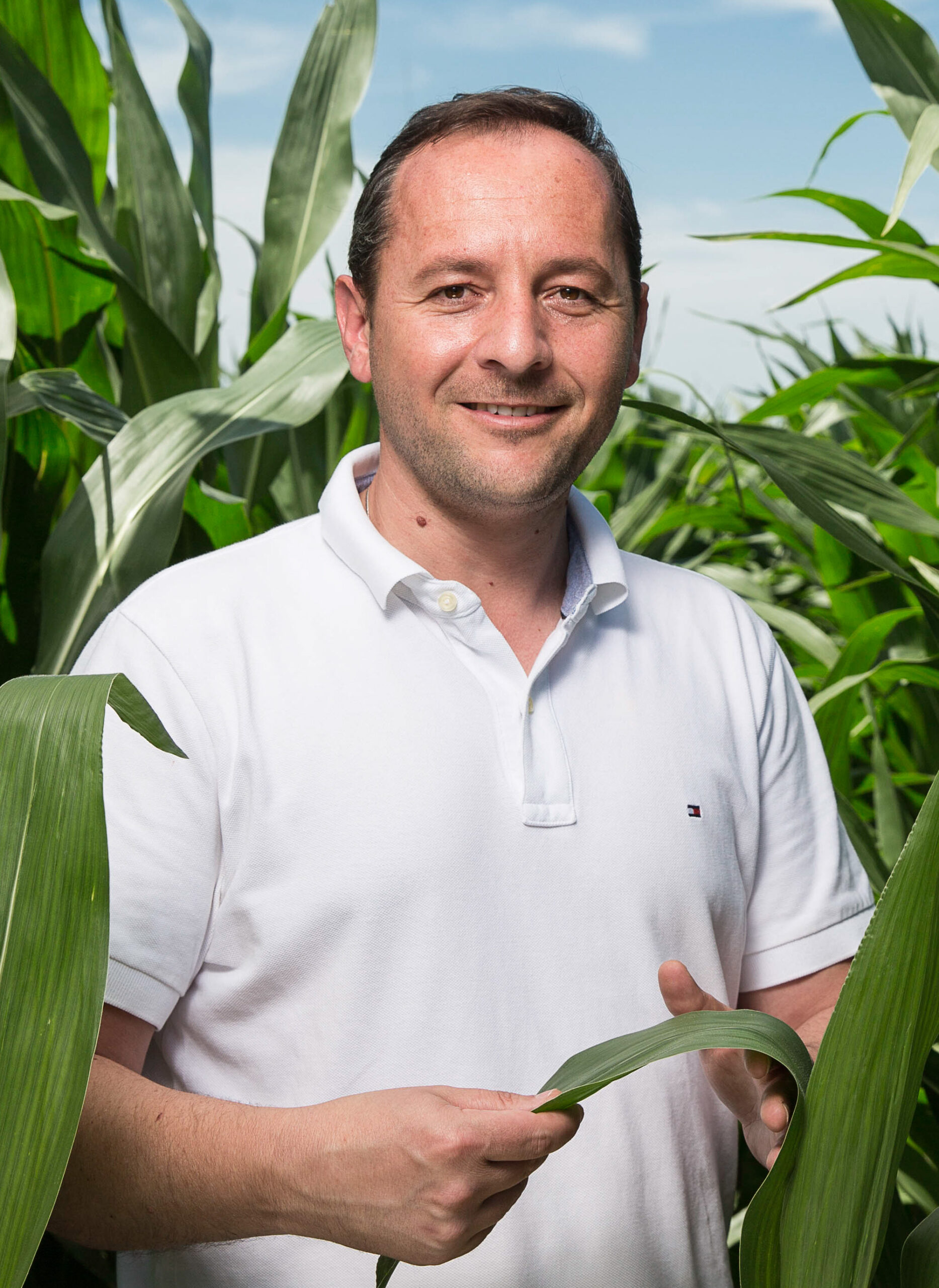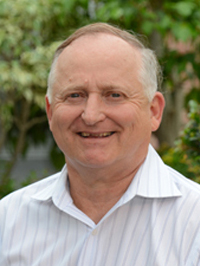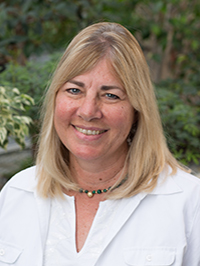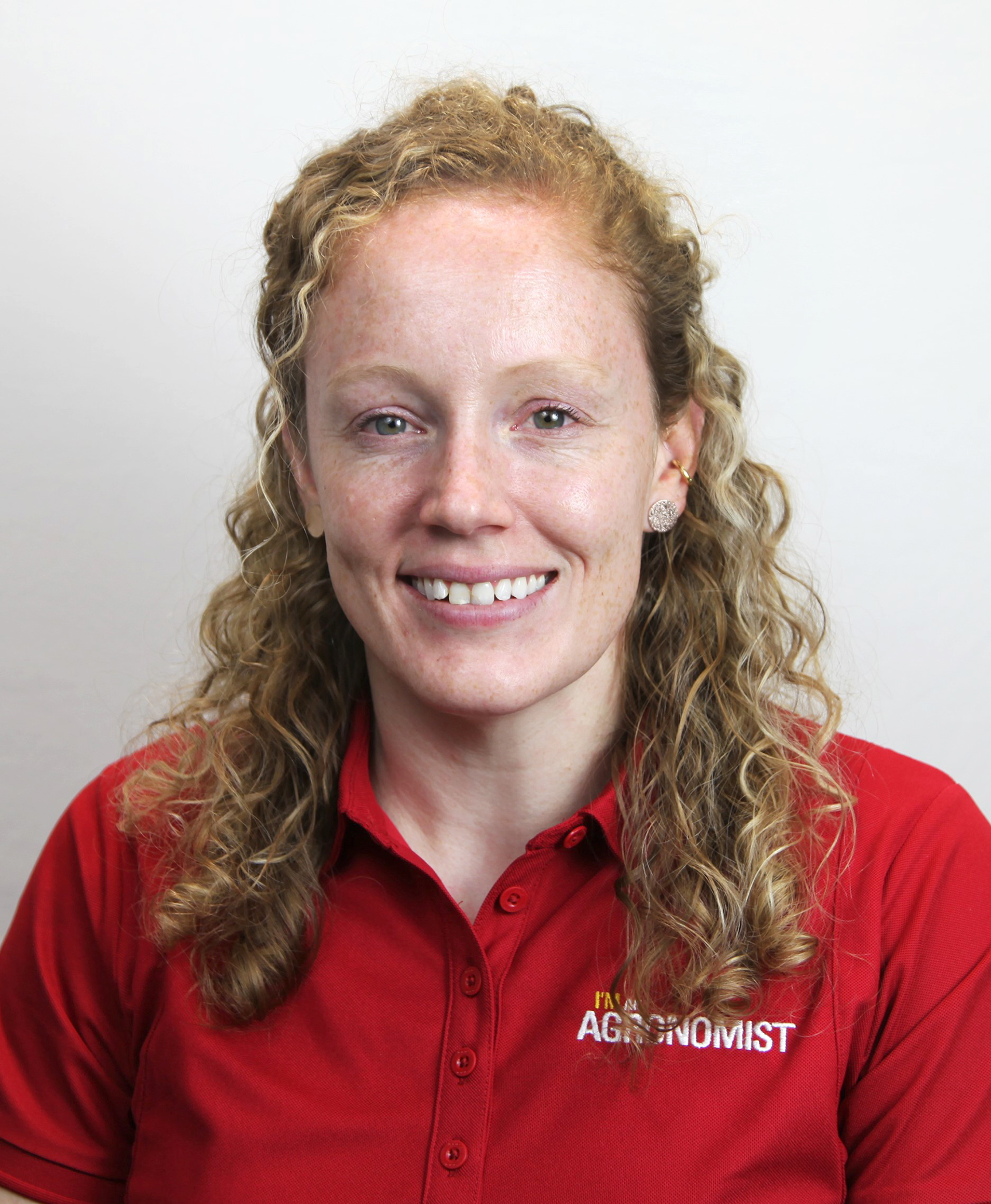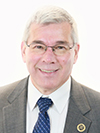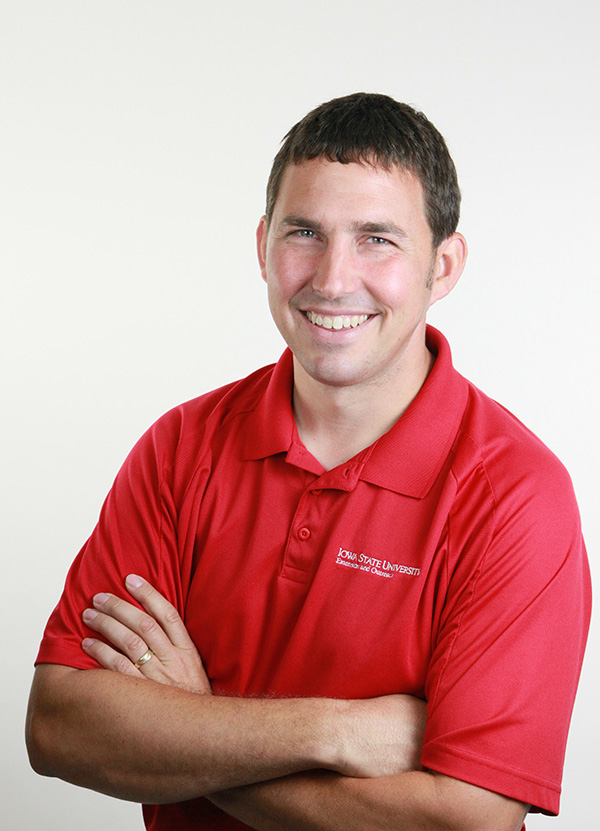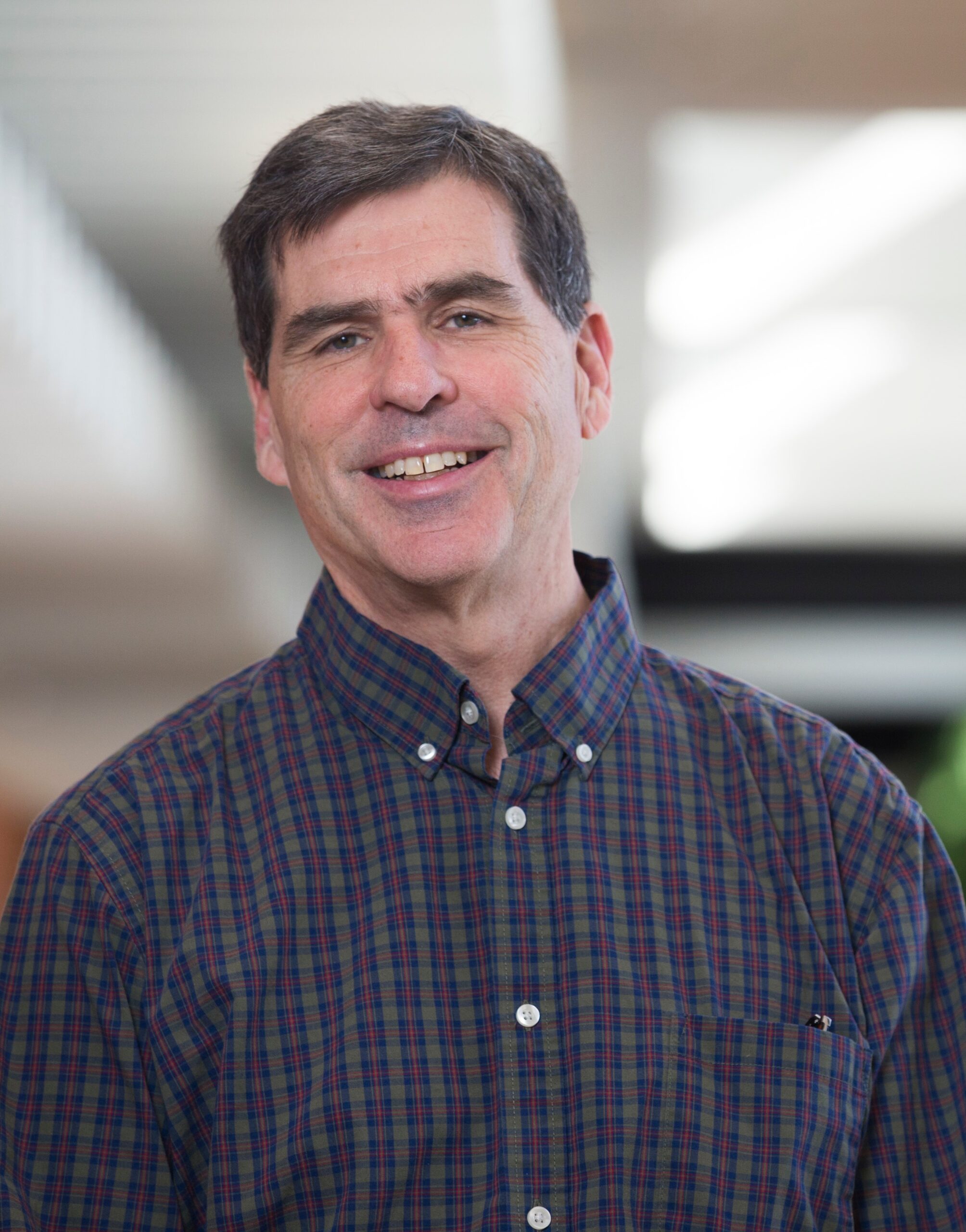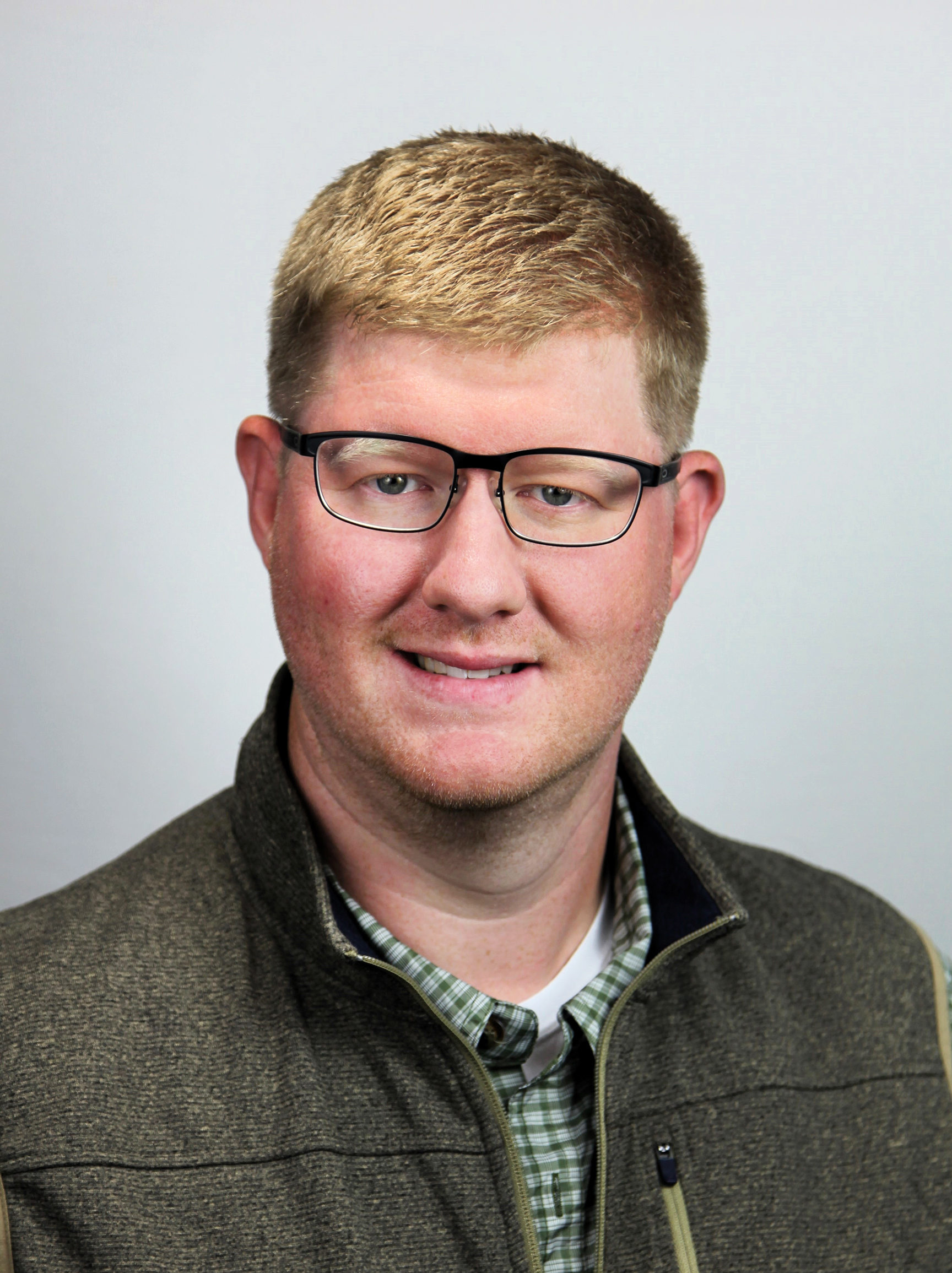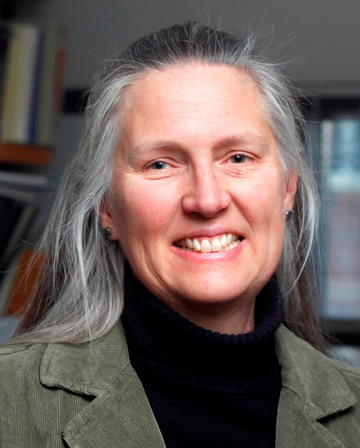Crop Production & Physiology
Become an expert in crop physiology, ecology, and management; forage quality and utilization; seed production and physiology; weed biology and control. Our emphasis is on corn, soybeans, oats, and forages. Students also have the option of specializing in seed or weed science.
Learning Goals
Demonstrate
Demonstrate comprehensive understanding of basic and applied knowledge pertaining the physiology and production of agronomic crops.
Hypothesize
Form testable hypotheses and articulate research objectives that, when met, will lead to significant contributions to better understanding crop production and physiology.
Develop Skills
Develop skills for the appropriate acquisition, analysis, and reporting of data.
Interpret
Interpret research results and integrate them into the existing knowledge of the discipline.
Communicate
Clearly and accurately communicate research findings in traditional and non-traditional forms such as in-person presentations, scientific publications, outreach publications, social media, blogs, video, and webinars.
Scholarship
Conduct scholarship, in teams and independently, in ways that consistently demonstrate ethical practice and professionalism.
Crop Production & Physiology Experts
Related Projects
- Corn Stand Reduction and Green Snap (2019-2021)
- Putting It All Together: An Innovative Approach to Increasing Iowa’s Conservation Infrastructure (2018-2021)
- Redefining the field edge (2018-2021)
- Improving cereal rye cover crop BMPs to increase adoption of cover crops by Iowa farmers (2018-2020)
- Corn management following cereal rye cover crop with strip tillage and starter N fertilization (2018-2020)
- Forecast and Assessment of Cropping sysTemS (FACTS; 2015-present)
Agricultural Meteorology
Agricultural Meteorology
The Agricultural Meteorology major integrates knowledge from a variety of scientific disciplines in order to determine how cropping systems are affected by weather and climate, and how cropping systems themselves affect weather and climate.
Learn MoreCrop Production & Physiology
Crop Production & Physiology
Become an expert in crop physiology, ecology, and management; forage quality and utilization; seed production and physiology; weed biology and control
Learn MorePlant Breeding
Plant Breeding
Plant Breeding is the genetic improvement of crop plants through the study and application of genetics, statistics, agronomy, plant pathology, entomology, and related sciences.
Learn MoreSoil Science
Soil Science
Explore the living and vast ecosystem under our feet. Soil science covers chemistry of the soil, fertility, management, microbiology and biochemistry, morphology and genesis as well as soil physics.
Learn More